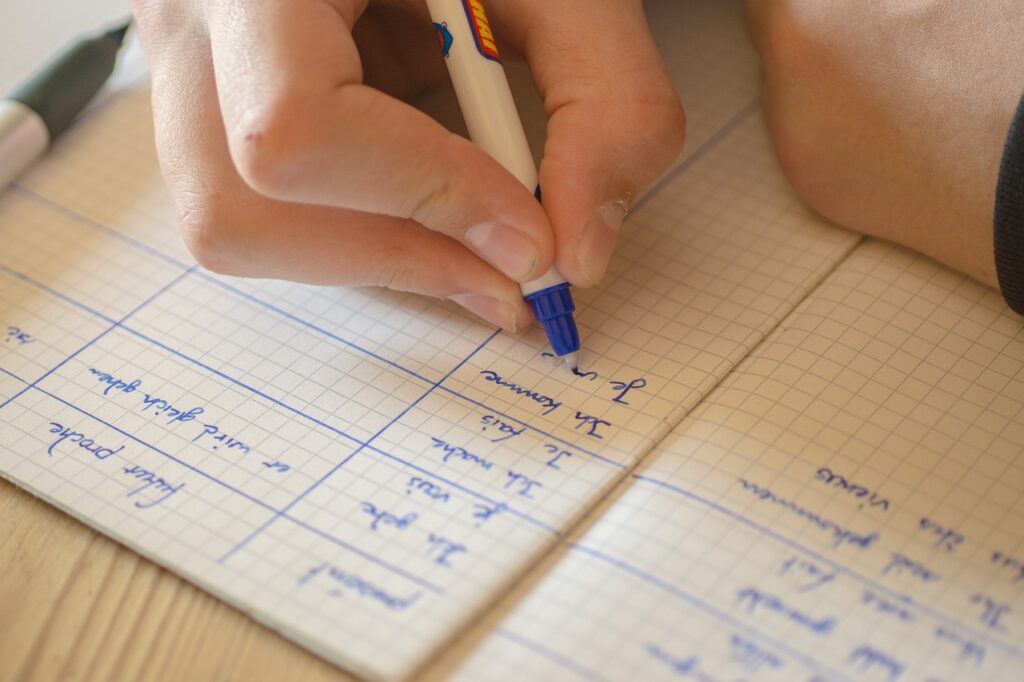The Importance of Learning Arabic: History and Culture
Arabic is not just a language; it’s a gateway to a rich history and vibrant culture that spans centuries and regions. Whether you’re interested in exploring the literary treasures of the Middle East, engaging in business with Arabic-speaking countries, or simply expanding your linguistic skills, learning Arabic offers numerous benefits. In this article, we will delve into the significance of the Arabic language from both a historical and cultural perspective, and why mastering it could be one of the best decisions you make.

A Language Rooted in History
Arabic is one of the oldest languages still in use today, with a history that dates back over 1,500 years. It is the liturgical language of Islam, and the Quran, the holy book of Muslims, is written in Classical Arabic. This has cemented the language’s status as a cornerstone of Islamic civilization and culture. Understanding Arabic allows one to appreciate the Quran in its original form, offering deeper insights into its meanings and interpretations.
Beyond religious texts, Arabic has been the medium for a wealth of literary works, scientific treatises, and philosophical discourses. During the Golden Age of Islam (8th to 14th centuries), scholars in the Arab world made significant contributions to various fields such as mathematics, medicine, astronomy, and philosophy. Many of these works were originally written in Arabic and later translated into other languages, spreading knowledge across the globe.
A Culture Rich in Diversity
Arabic is not just a language of the past; it’s very much alive and spoken by over 400 million people across 22 countries. These Arabic-speaking nations are located in a region that is incredibly diverse in terms of geography, culture, and traditions. By learning Arabic, you open the door to understanding the intricacies of these cultures.
From the poetic verses of pre-Islamic poetry to the modern novels of Naguib Mahfouz, Arabic literature offers a vast and varied landscape. Each region has its own dialect, customs, and traditions, which are reflected in their literature, music, and art. For instance, the Levantine dialect spoken in Lebanon and Syria is different from the Gulf dialect spoken in countries like Saudi Arabia and the UAE. However, learning Modern Standard Arabic (MSA) provides a foundation to understand and appreciate these regional differences.
Why Learning Arabic Matters Today
In today’s globalized world, Arabic is becoming increasingly important. The Middle East and North Africa (MENA) region is a key player in global economics, politics, and culture. Whether you’re interested in international relations, business, or cultural exchange, knowing Arabic can provide a significant advantage. It allows you to communicate effectively, understand the nuances of the region, and build stronger relationships.
Moreover, learning Arabic fosters cross-cultural understanding and empathy. In a world where cultural misunderstandings can lead to conflicts, being able to speak Arabic can bridge gaps and foster mutual respect.
Take the Next Step in Your Arabic Journey
Learning Arabic is not just about acquiring a new language; it’s about immersing yourself in a rich history and a vibrant culture. Whether you’re a beginner or looking to deepen your existing knowledge, our comprehensive Arabic course is designed to guide you every step of the way.
Our course offers structured lessons, engaging content, and practical exercises to help you master Arabic efficiently and effectively. Don’t miss the opportunity to connect with a language that has shaped civilizations and continues to play a vital role in the world today.
Start your Arabic learning journey now and unlock the doors to a new world of opportunities!
[Buy Now]

